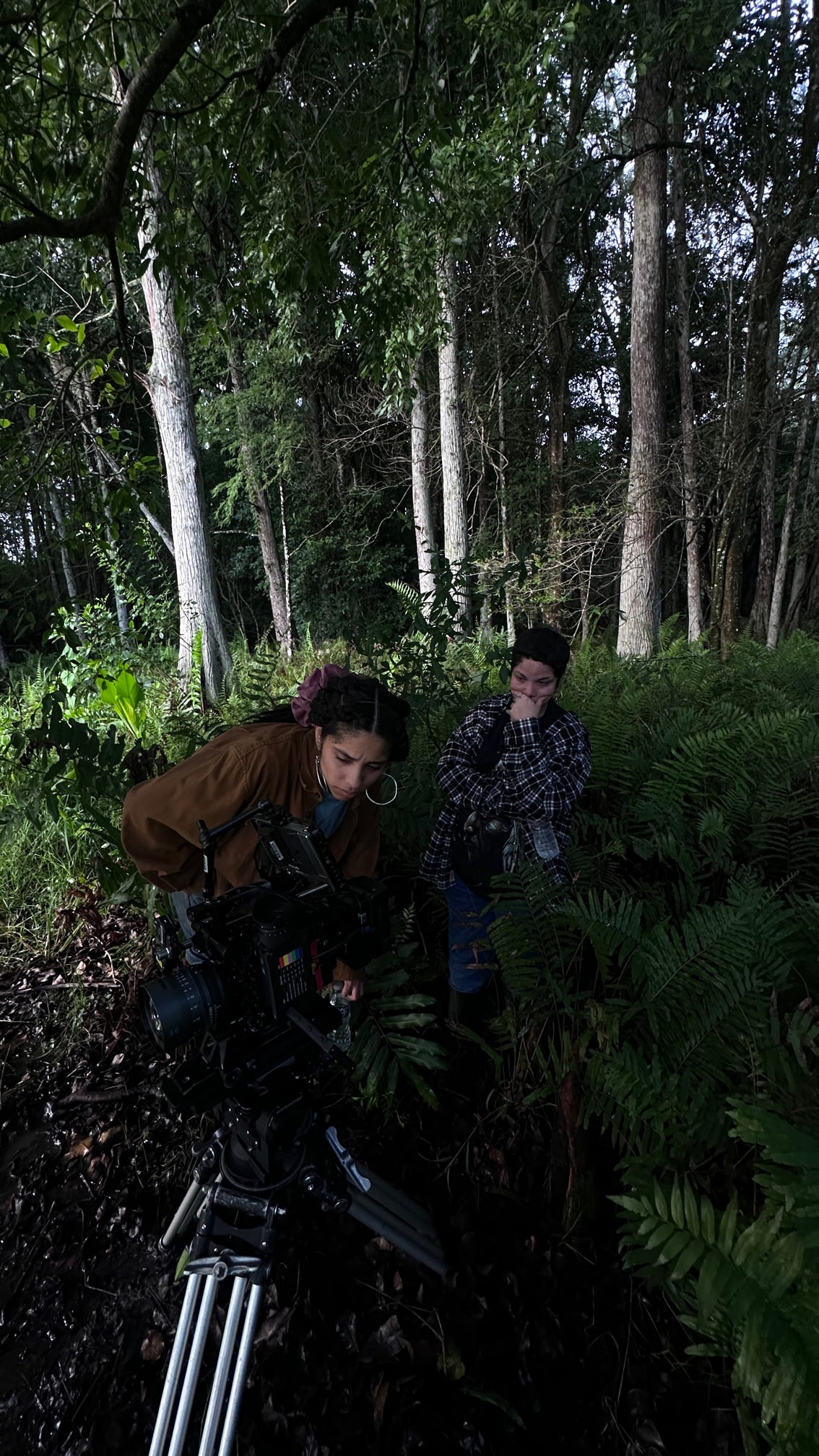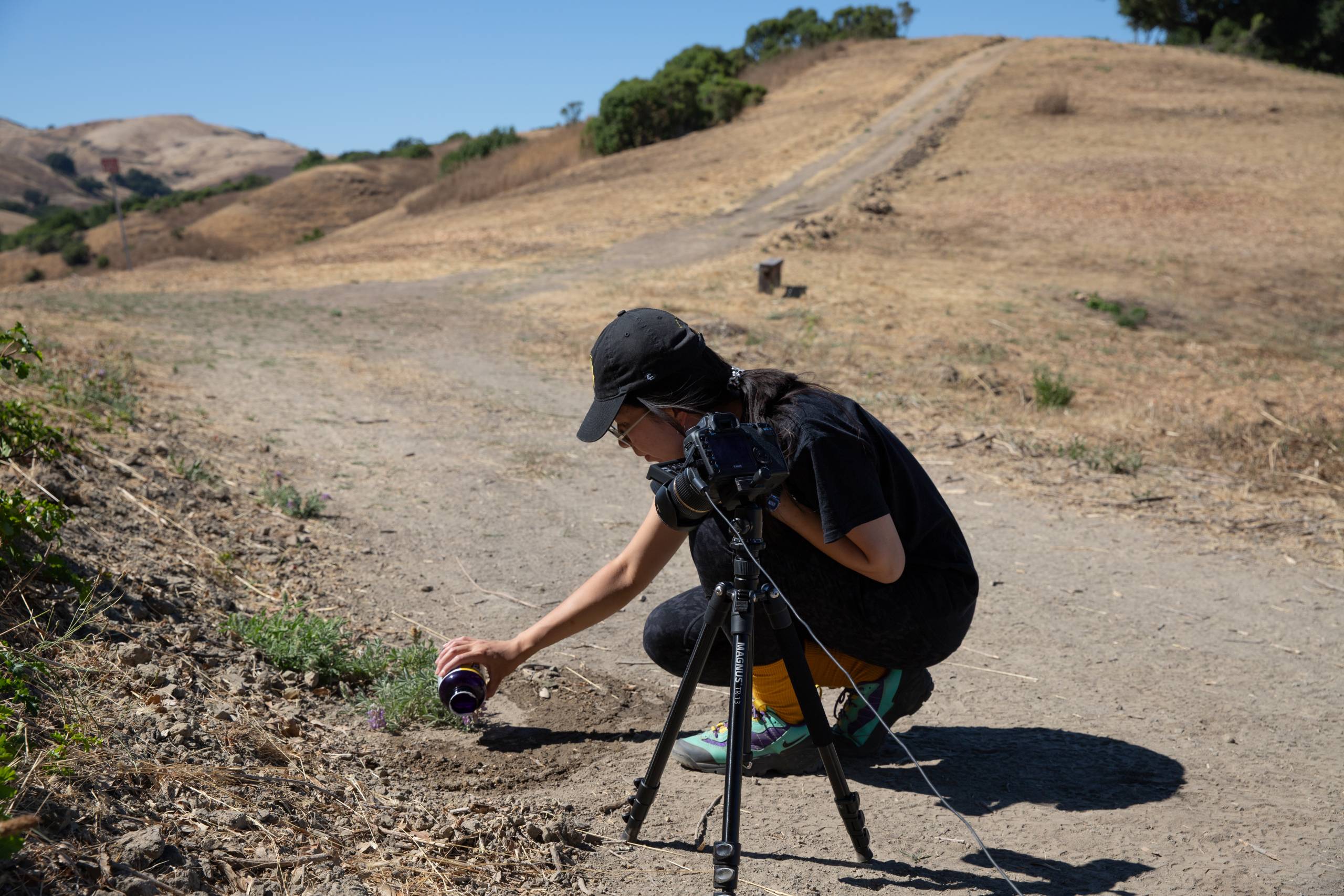A screening at Oakland’s New Parkway next week, Cinematic Visions of a Climate Just World, isn’t alluding to some far-off future of potential climate disaster. When we connect by phone, filmmaker Shenny De Los Angeles and her family are sheltering in Kissimmee, Florida. They’re among the over 3 million households without power because of Hurricane Milton.
It’s the second major hurricane in two weeks to ravage De Los Angeles’ home state. At the end of September, Hurricane Helene killed over 200 people throughout the Southeastern U.S. and caused tens of billion dollars in structural damage.
De Los Angeles and co-director Amanda Morell will be in the Bay Area on Oct. 17 to show their new short film, hija de Florinda, about a Dominican woman who returns to her ancestors’ lands after they were destroyed by the effects of climate change.
“So to be going through it in real time right now, where we had to actually prepare in case our home was taken by Hurricane Milton, speaks volumes — even though it was a fictional story, it’s real life,” says De Los Angeles, adding that she and her family are safe. “I’m navigating it in real time.”

Shot in black and white among the mangrove trees of the Everglades, hija de Florinda is a poetic film in which a young woman learns about Indigenous practices of controlled burns from her grandmother, practices which are now being recognized as an essential part of the ecosystem in Florida and California alike.



